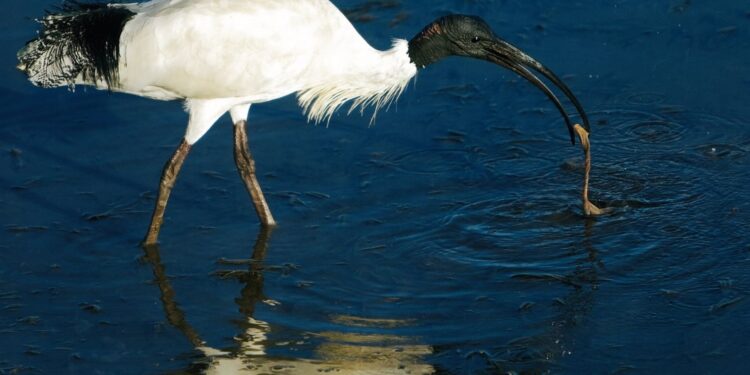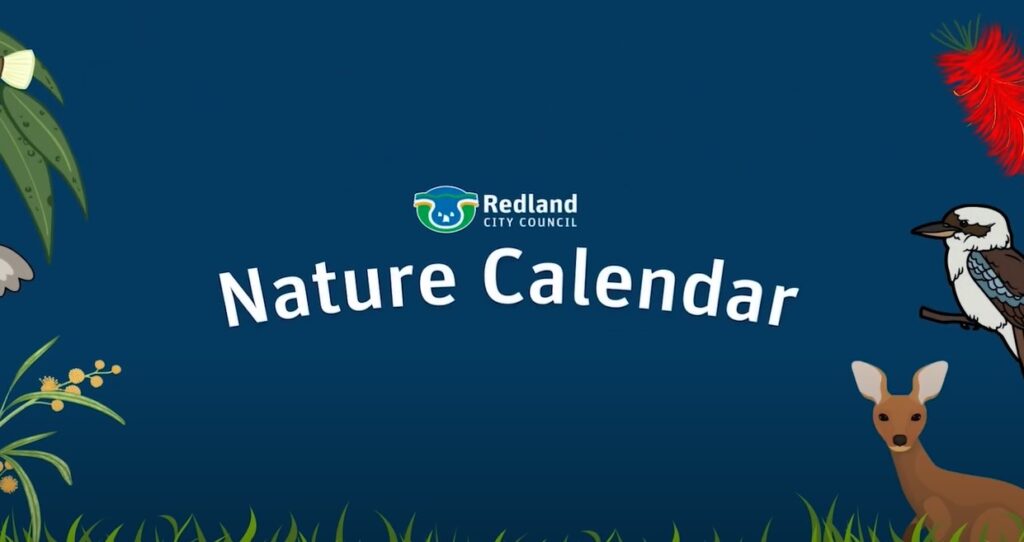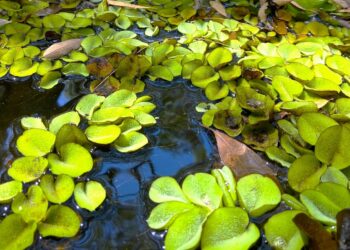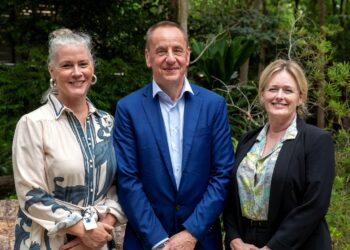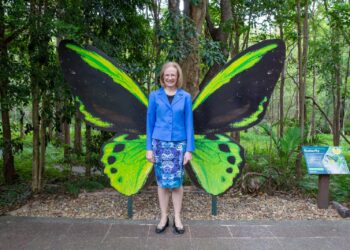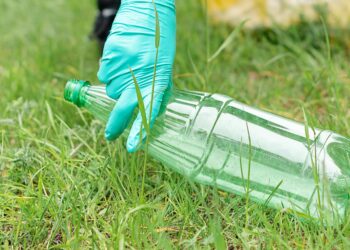As we hit prime picnic season, Redland City Council is reminding locals and visitors not to feed the “bin chickens” that have become ubiquitous in some Redlands Coast parks.
The Australian white ibis – colloquially known as the bin chicken, or sometimes the “tip turkey” – is a protected native bird that contributes to the local ecosystem.
But, as Council’s Principal Adviser (Community Education) Ranger Stacey Thomson explained, rewarding them with a casually thrown hot chip or not disposing of waste correctly in park bins, can have a detrimental effect on the species.
“It is an urban myth that these are introduced or feral birds. They are native wading birds and are critical to natural pest management,” she said.
“Ibis eat insects, grubs, crustaceans, frogs, fish, small mammals, snails, and are one of the few species that have adapted to eat cane toads.
“Like all our native birds, eating unattended or discarded human food scraps can negatively impact the health of the ibis leading to serious nutritional disorders.
“Feeding them in parks, school grounds, or in your yard can create an unwanted nuisance as they will gather in larger numbers.”
WATCH: Ranger Stacey’s fun facts about ibises
Redland City Council is part of the Australian White Ibis Management Program which is a collaboration between Local Government Areas and offers a coordinated approach to ibis management in the region.
Ranger Stacey said the program aimed to reduce negative impacts on residents as well as maintain a stable population of these native birds.
If you were wondering, the scientific name for the Australian white ibis is Threskiornis Molucca. They are a protected species under the Nature Conservation Act 1992.
“Traditionally they are a nomadic species who usually follow their food sources around the country’s open grasslands, swampy wetlands and mudflats,” Ranger Stacey said.
“But because climate change and ongoing developments are degrading the quality of their natural habitat they have literally flocked to our cities where they have found this supply of food scraps.
“Ibises use their distinctive curved black beak to dig in soil and water for their natural food source, helping to aerate and the improve soil quality as they go.
“Unfortunately, those beaks are perfect for diving into bins for scraps.”
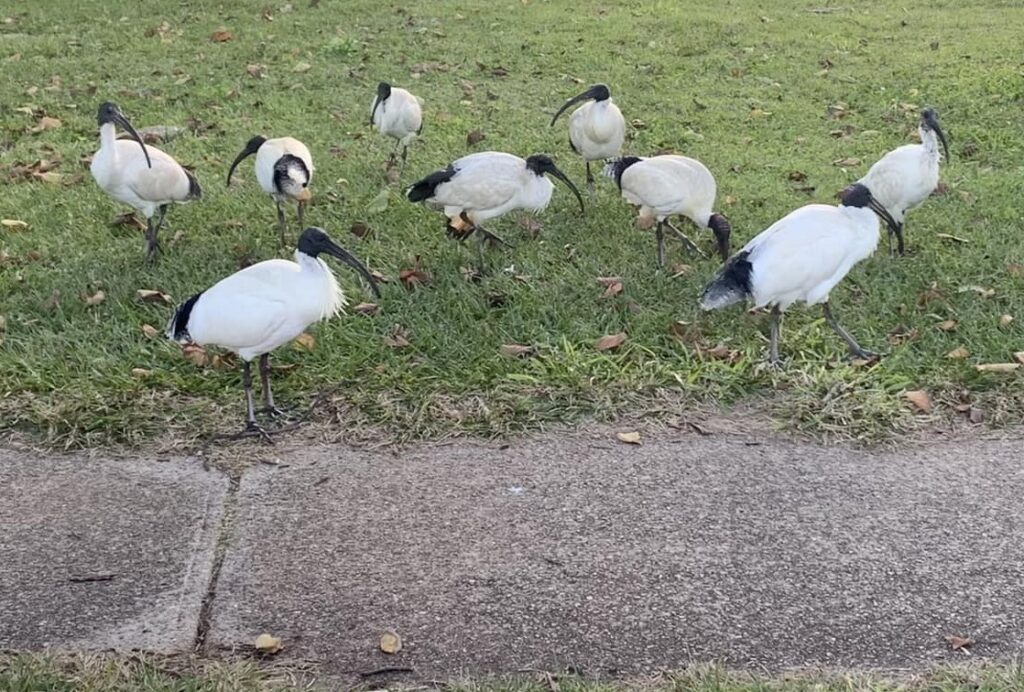
Ranger Stacey offered the following suggestions to reduce the negative impacts of ibis populations in our urban areas:
- Do not feed ibis or other local birds and wildlife
- Ensure food scraps aren’t left lying around and are disposed of correctly
- Bin lids should be closed securely
- Manage vegetation around your home to reduce opportunities for sitting/perching
- Avoid planting trees that are favored for roosts
- Use bird deterrents, such as replica predators, to encourage dispersal
- If you own chickens, do not leave their food in the open and only feed them when they are locked up
“And please remember never to harass or harm ibises,” she said.
“They are a protected species and they are native, so let’s follow the suggestions above which will encourage them to go back to their natural habitats and ways of feeding.”

